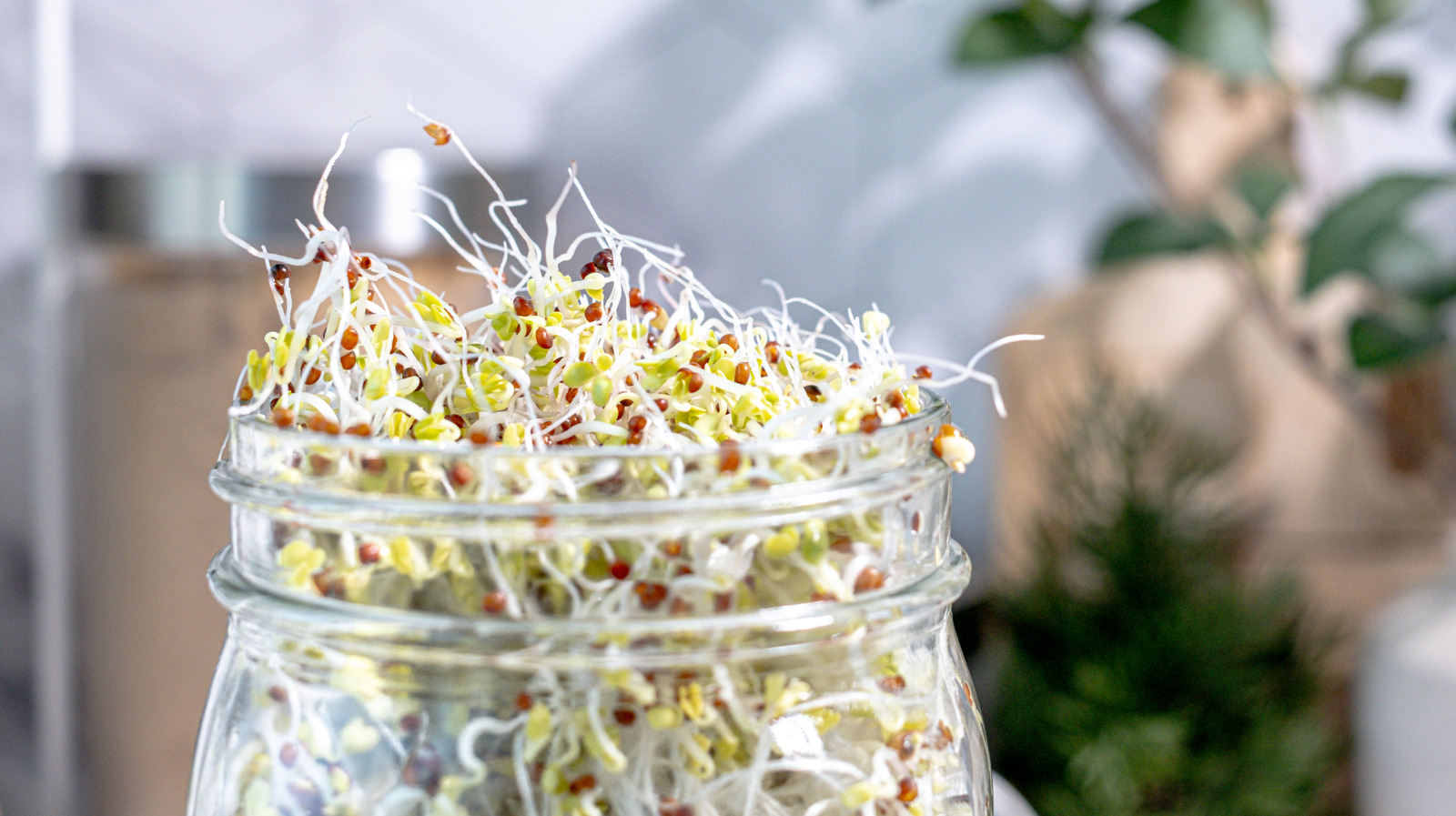
"Broccoli sprouts are currently popular for their sulforaphane content, which is thought to provide health benefits. However, their growing conditions can also invite harmful bacteria, like E. coli and salmonella."
"The presence of pathogenic bacteria in sprouts is primarily due to the warm, humid conditions that are necessary for seed germination. Those same conditions encourage the growth of harmful microbes."
"Historically, different cultures have employed various methods to make sprouts safe for consumption, including cooking and fermentation, which are essential practices that have been forgotten in modern sprouting."
"Traditionally, sprouts were integrated into dishes in ways that reduced risk. Simple practices like cooking sprouts or incorporating them into hot dishes help mitigate health risks despite their nutritional value."
Broccoli sprouts have gained renewed popularity due to their sulforaphane content, often tied to health trends. While these sprouts offer nutritional benefits, the conditions required for sprouting—warmth and humidity—also create an ideal environment for pathogenic bacteria such as E. coli and salmonella. Historically, sprouts were more frequently cooked or treated to eliminate these risks, but modern methods often overlook these safety practices. Awareness of traditional techniques is crucial to balance the health benefits of sprouts with the potential risks linked to their consumption.
Read at Tasting Table
Unable to calculate read time
Collection
[
|
...
]